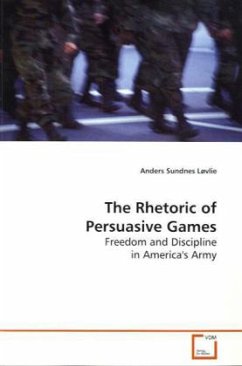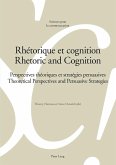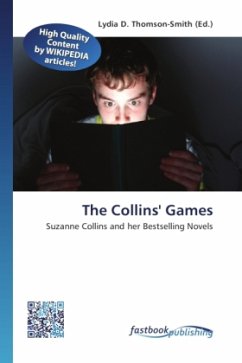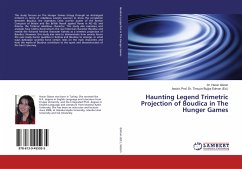Computer games are one of the most popular
entertainment forms of our time. But these games can
also be used for overt military propaganda as in
the case of the US Army s vastly popular recruitment
game America s Army. This book examines how computer
games can serve as representations of ideas. Looking
at three fundamental aspects of computer games the
gameworlds, the rules and the player roles three
rhetorical strategies are identified: authenticity,
legitimization and identification. These strategies
have one thing in common: an emphasis on discipline
and constraints on player behavior within the game.
Together, they contribute to a subtly formed ethos
which lends credibility and authority to the game
and by extension, to the US Army. This book suggests
a model for rhetorical analysis of persuasive
computer games which focuses on the game s balance of
freedom and constraints in each of the fundamental
aspects of the game: In the gameworld (authenticity
and autonomy), the player roles (identification and
identity play), and the game rules (legitimization
and opposition).
entertainment forms of our time. But these games can
also be used for overt military propaganda as in
the case of the US Army s vastly popular recruitment
game America s Army. This book examines how computer
games can serve as representations of ideas. Looking
at three fundamental aspects of computer games the
gameworlds, the rules and the player roles three
rhetorical strategies are identified: authenticity,
legitimization and identification. These strategies
have one thing in common: an emphasis on discipline
and constraints on player behavior within the game.
Together, they contribute to a subtly formed ethos
which lends credibility and authority to the game
and by extension, to the US Army. This book suggests
a model for rhetorical analysis of persuasive
computer games which focuses on the game s balance of
freedom and constraints in each of the fundamental
aspects of the game: In the gameworld (authenticity
and autonomy), the player roles (identification and
identity play), and the game rules (legitimization
and opposition).








